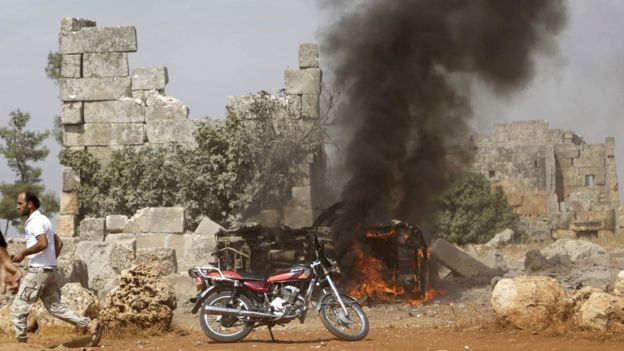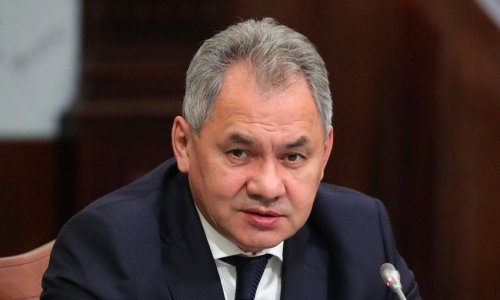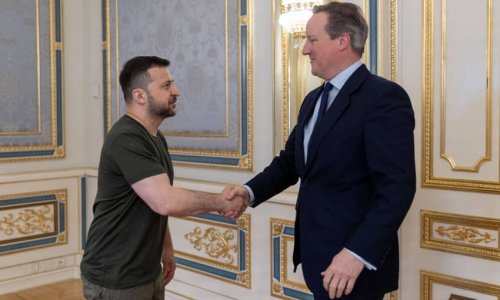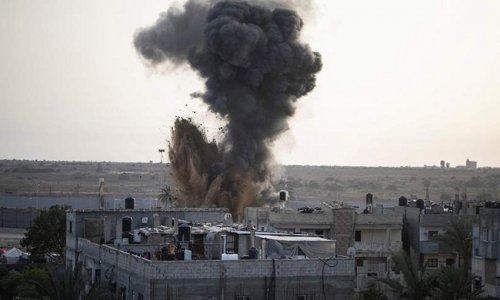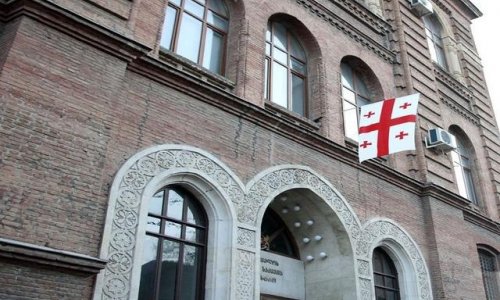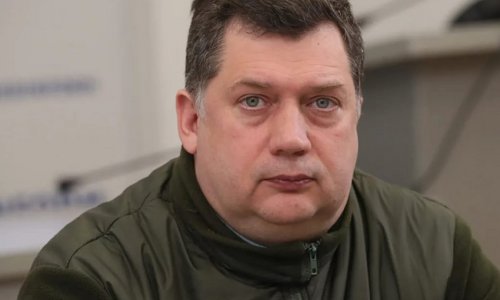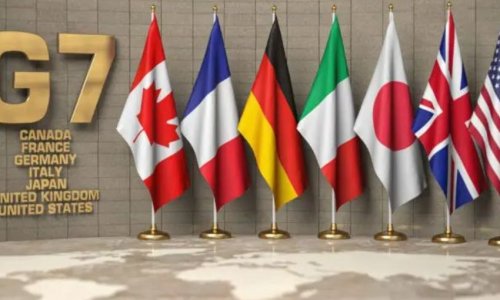Russian warplanes have carried out their first air strikes on opponents of President Bashar al-Assad in Syria, adding a new dimension to the country's four-year civil war. What is going on?
On 30 September, Russia's parliament approved a request by President Vladimir Putin to launch air strikes in Syria. Within hours, the country's first intervention in the Middle East in decades began.
Mr Putin said Russia was acting "preventatively, to fight and destroy militants and terrorists on the territories that they already occupy, not wait for them to come to our house".
The Russian defence ministry initially said the first wave of strikes targeted only the jihadist group, Islamic State (IS), which controls large parts of Syria and is fighting both government and rebel forces.
The following day, Russian Foreign Minister Sergei Lavrov clarified that the air campaign was targeting "all terrorists" in Syria, and not just IS. His ministry said a report by the Syrian Civil Defence rescue organisation of 33 civilian deaths on the first day of the air strikes was "false".
But the US and its allies noted that the strikes took place where IS had little or no presence. They instead appeared to be aimed at rebels backed by Gulf Arab and Western states who are advancing on Latakia province - the coastal heartland of Mr Assad's Alawite sect. At least one group that has been armed and trained by the CIA was hit, US officials said.
Russia has made clear that its intervention was approved by Mr Assad, who sent a letter to Mr Putin requesting military assistance. Mr Putin's spokesman, Dmitry Peskov, said the targets were chosen "in co-ordination" with Syrian forces.
Syrian state media has strongly endorsed the air strikes on 30 September, and there were reports of celebrations by government supporters in Latakia. "They're all terrorists," Saleh al-Tartousi, an import contractor, told the Guardian. "They should not be spared mercy."
But opposition activists and rebel fighters have expressed alarm. "If these raids continue this way, Russia will kill a larger number of civilians that Bashar did in four years," Khoodair Khusheif, an activist in northern Homs province, told the New York Times.
Russia's president has said he still believes only a political solution can end the conflict in Syria, but some fear its intervention makes the prospect of a negotiated settlement more remote.
"By supporting Assad and seemingly taking on everyone who is fighting Assad, you're taking on the whole rest of the country of Syria," US Defence Secretary Ashton Carter said after learning that rebel-held areas had been targeted.
"At least some parts of the anti-Assad opposition belong in the political transition going forward. That's why... the Russian approach is doomed to fail."
He went on to warn that Russia "risks escalating the civil war in Syria - and with it, the very extremism and instability that Moscow claims to be concerned about". "That approach is tantamount… to pouring gasoline on the fire," he added.
Ties between their countries go back four decades and the Syrian port of Tartous is the location of the last Russian naval base in the Middle East. Russia has blocked several resolutions critical of Mr Assad at the UN Security Council and supplied weapons to the Syrian military, saying it is violating no international laws.
With Syrian government forces suffering a string of defeats to both rebel forces and IS over the past year, Mr Putin decided to intervene. In early September, Russian warplanes, attack helicopters, tanks, anti-aircraft systems and hundreds of marines arrived at a base in Latakia province.
Russian officials have reportedly said they are not intent on keeping Mr Assad in power, but they see his government as a bulwark against IS, which controls large parts of northern and eastern Syria.
Asked in an interview with CBS if his goal was "trying to save the Assad administration", Mr Putin replied: "You're right."
Russia's deployment of air-to-air fighter aircraft and air-defence systems in Latakia suggests it may be preparing to do more than just carry out air strikes on IS and protect its base at Tartous.
Nato's Supreme Allied Commander Europe, Gen Philip Breedlove, warned on 28 September that Russia was developing an anti-aircraft "bubble" in the eastern Mediterranean. "These very sophisticated air-defence capabilities are not about [IS]," he said.
"High on Mr Putin's list in Syria is preserving the regime against those that are putting pressure on the regime, and against those that they see who might be supporting those putting pressure on the regime," the general added.
Russia might even attempt to impose a no-fly zone that would prevent air strikes by the US-led coalition against IS, many of whose member states back the rebels. A Russian general asked the US military to avoid Syrian airspace on the first day of its air campaign, but the request was ignored, US officials said.
(BBC)
www.ann.az
Follow us !

